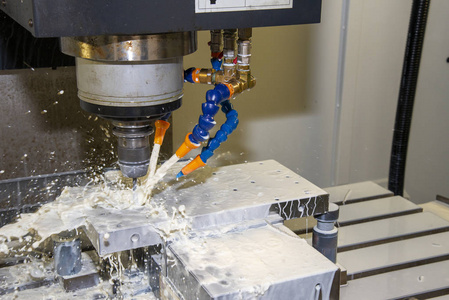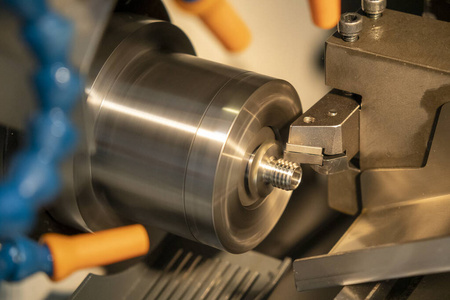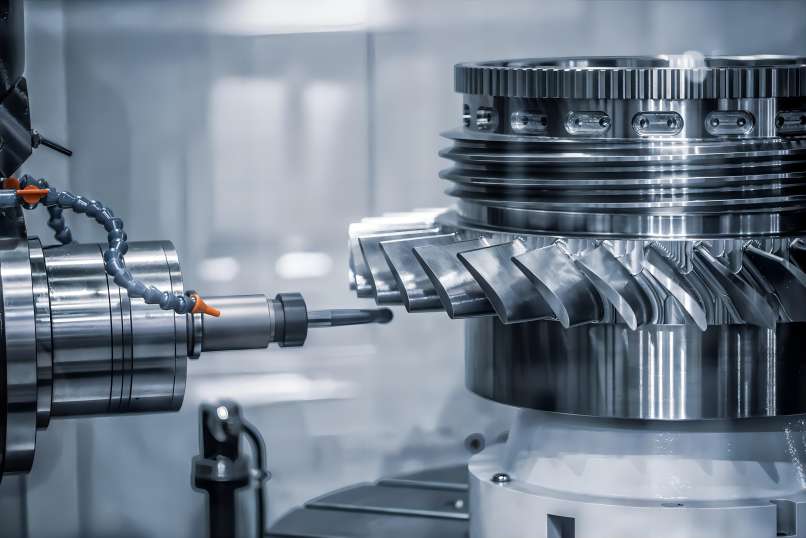CNC machining, utilizing computer software pre-programmed to control the movement of tools and equipment, has become increasingly vital in modern manufacturing. Its rising prominence can be attributed to its efficiency, accuracy, and flexibility, which have revolutionized manufacturing processes. Here, we explore why CNC machining is gaining importance and the main processes involved in this innovative manufacturing technique.

Why CNC Machining Is Essential?
CNC machining's popularity stems from its ability to produce complex parts with exceptional precision, consistency, and repeatability. This capability has transformed manufacturing processes, enabling the production of parts that were previously difficult or impossible to manufacture using traditional methods.
Main Processes of CNC Machining:
The CNC machining process typically involves several key stages:
Computer-Aided Design (CAD):
CAD software is used to create a 3D model of the part to be manufactured, serving as a blueprint for the machining process.
Computer-Aided Manufacturing (CAM):
CAM software translates the CAD model into machine instructions, generating a program that guides the CNC machine in cutting and shaping the material to create the desired parts.
Material Selection:
The choice of material depends on the application and desired properties of the finished part. Common materials include metals (e.g., aluminum, steel, titanium), plastics, and composites.
Cutting and Shaping:
Using tools such as drills, lathes, mills, and routers, the CNC machine cuts and shapes the material according to the instructions generated by the CAM software. This stage ensures precise cuts and shapes with high repeatability and accuracy.
Finishing:
After cutting and shaping, the part may undergo additional finishing processes such as sanding, polishing, or coating to achieve the desired surface finish and properties.

Applications of CNC Machining:
CNC machining finds widespread applications across various industries, including:
Aerospace: Producing aircraft and spacecraft components like engine parts, structural elements, and landing gear.
Automotive: Manufacturing vehicle parts such as engine components, transmission parts, and suspension components.
Medical Equipment: Fabricating parts for medical devices like prosthetics, implants, and surgical tools.
Electronics: Manufacturing components for electrical devices such as computer parts, smartphones, and circuit boards.
Industrial Machinery: Creating parts for heavy machinery, tools, and equipment used in manufacturing and construction.
Factors to Consider When Choosing a CNC Machining Service Provider:
When selecting a CNC machining service provider, several factors should be taken into account:

Quality Assurance Procedures: Ensure the provider has stringent quality control measures in place to meet required specifications and standards.
Customer Care: Look for excellent customer service, responsiveness, and the ability to resolve issues promptly.
Pricing and Timeliness: Compare pricing and turnaround times to find the best value without compromising quality.
Experience and Expertise: Choose a provider with extensive experience and expertise in your industry and specific requirements.
In Summary:
CNC machining offers high precision and consistency with minimal human intervention, making it indispensable across various industries. As technology continues to advance, CNC machining will continue to play a crucial role in driving innovation and efficiency in manufacturing processes.

